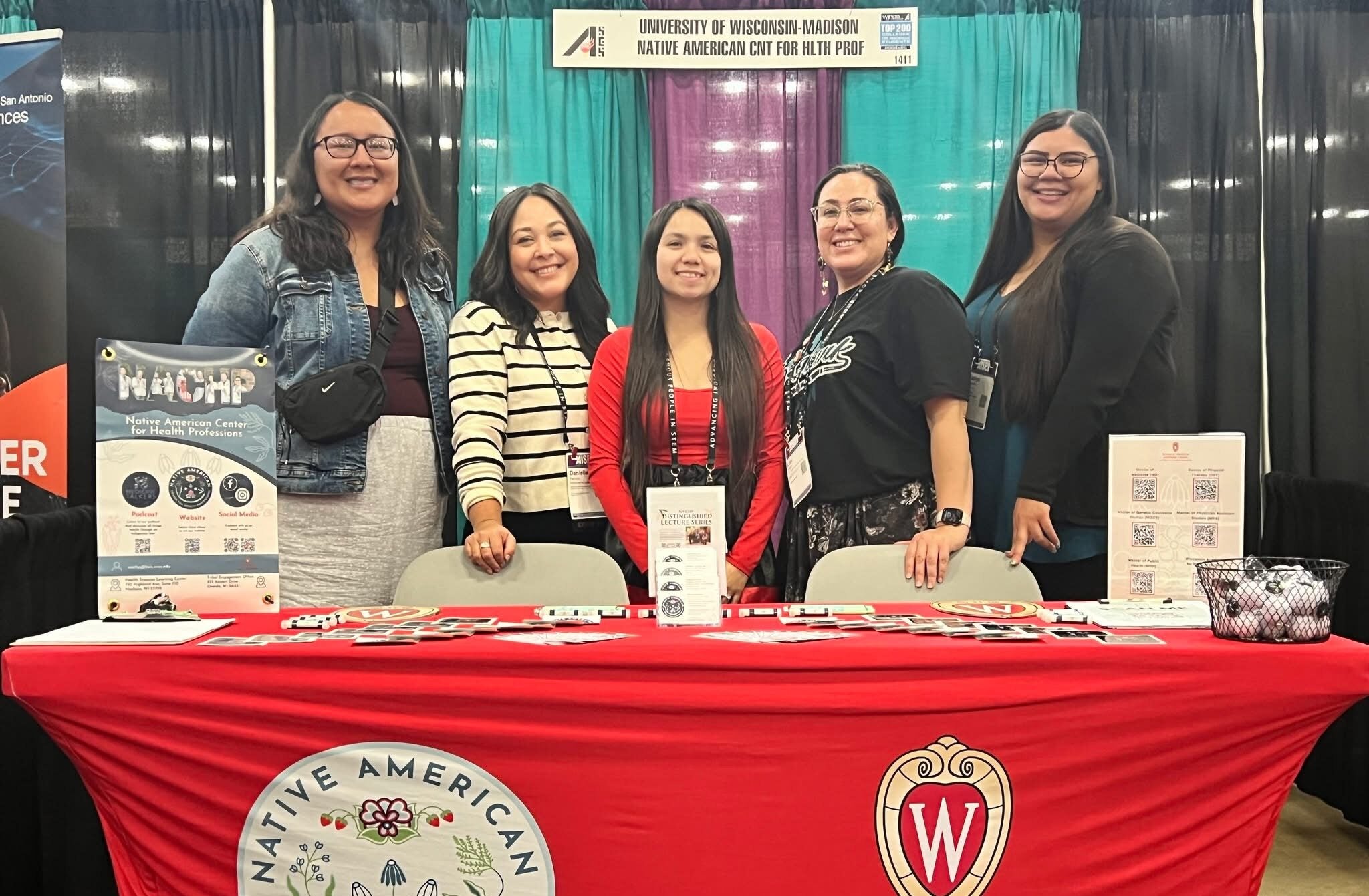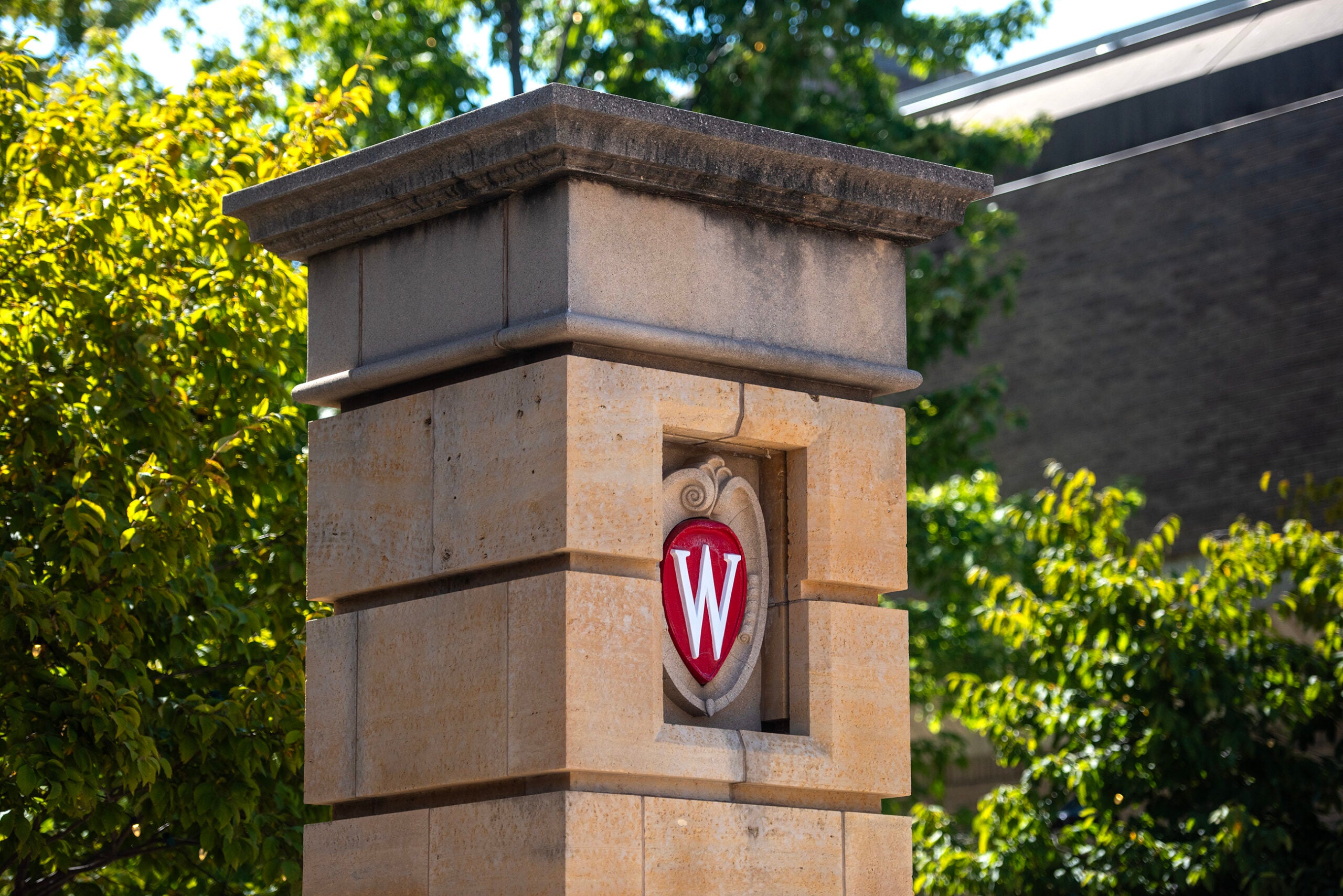A new program at the University of Wisconsin–Madison is aimed at supporting Indigenous graduate students through the hoops and hurdles of academia.
The program — funded by an about $1 million four-year U.S. National Science Foundation Innovations in Graduate Education grant — will formalize mentorship between Indigenous graduate students and faculty. It will create mentorship pairings, train advisors, send students to conferences and provide microgrants to support Indigenous student’s research.
“We all have informally mentored students. It’s a part of having those relationships with our tribes,” said co-organizer Jeneile Luebke, an assistant professor in the School of Nursing at UW– Madison, and an enrolled member of the Bad River Band of Lake Superior Chippewa. “But our students usually need some extra support, encouragement and advocacy.”
News with a little more humanity
WPR’s “Wisconsin Today” newsletter keeps you connected to the state you love without feeling overwhelmed. No paywall. No agenda. No corporate filter.
Her hope is that the program will improve retention rates.
Native Americans make up less than 1 percent of the U.S. graduate school population, and their completion rates are lower than their white peers, according to a 2019 report by the Postsecondary National Policy Institute.
One of her goals for the program is “making sure the students who come to us will leave with their degrees and not be harmed while doing so,” Luebke said.
Graduate advisors with less knowledge of Indigenous practices may inadvertently make Indigenous students feel like they’re conducting research in the wrong way, Luebke said. This could cause students to leave their programs early.
“That disconnect, you know, on top of some of the other stressors, may be enough to push students away — feeling unsupported, misunderstood,” Luebke said.
Another goal of the program is to eventually increase the number of Indigenous scientists.
“We need PhD-prepared Indigenous scientists and faculty really desperately,” Luebke said.
Part of the program is incorporating Indigenous ways of knowing and methodology into participating students’ master’s and PhD research.
Luebke hopes it helps with retention, too.
Student says spiritual, community-driven mentorship is key
Graduate student Elena Hill, an enrolled citizen with the Oneida Nation of Wisconsin, is in her last semester of a masters degree in UW–Madison’s agroecology program. Her research works with Indigenous seed keepers in the Oneida community. Upon graduating, she plans to continue on to a PhD at UW-Madison.
“Before this grant, it was kind of up to ourselves to figure out how to navigate this graduate school experience,” Hill said.
She’s hopeful the next generation of students will benefit from more formal mentorship, and find it easier to ask Indigenous faculty for support.
“There’s a lot of sacrifices to being an Indigenous academic,” Hill said. “My Indigenous mentors really helped me figure out how I can be impactful and how I can help my community, even though I’m two-and-a-half to three hours away from it.”
Hill said for herself and other Indigenous graduate students, there are mixed feelings that come with leaving their community to get an education.
“It’s really hard to play this balance game of: I want to help my community, but I need an education to do that. But in order to get an education, I have to leave my community,” Hill said.
There are some types of support that only Indigenous mentors can provide, she added.
“I think the spiritual part, the community-driven part, is where I received the most important mentorship from my Indigenous mentors,” Hill said.
Indigenous mentors can also advocate for students, for example, if they have to miss class to vote in tribal elections back home, she said.
“I hope that (the program) can provide that to incoming Indigenous students, because I know a lot of Indigenous students just don’t have that type of support yet,” Hill said.
Hill isn’t the only student excited about the program. Co-organizer Luebke said she was surprised by the turnout at interest meetings.
“I was expecting, like, two, three people to show up, and there was a room full of people at the Indigenous Student Center,” Luebke said.
This is a good sign, she added, because the program is ultimately for the students.
“That’s what’s going to be our motivator to make it successful,” Luebke said.
Wisconsin Public Radio, © Copyright 2025, Board of Regents of the University of Wisconsin System and Wisconsin Educational Communications Board.






